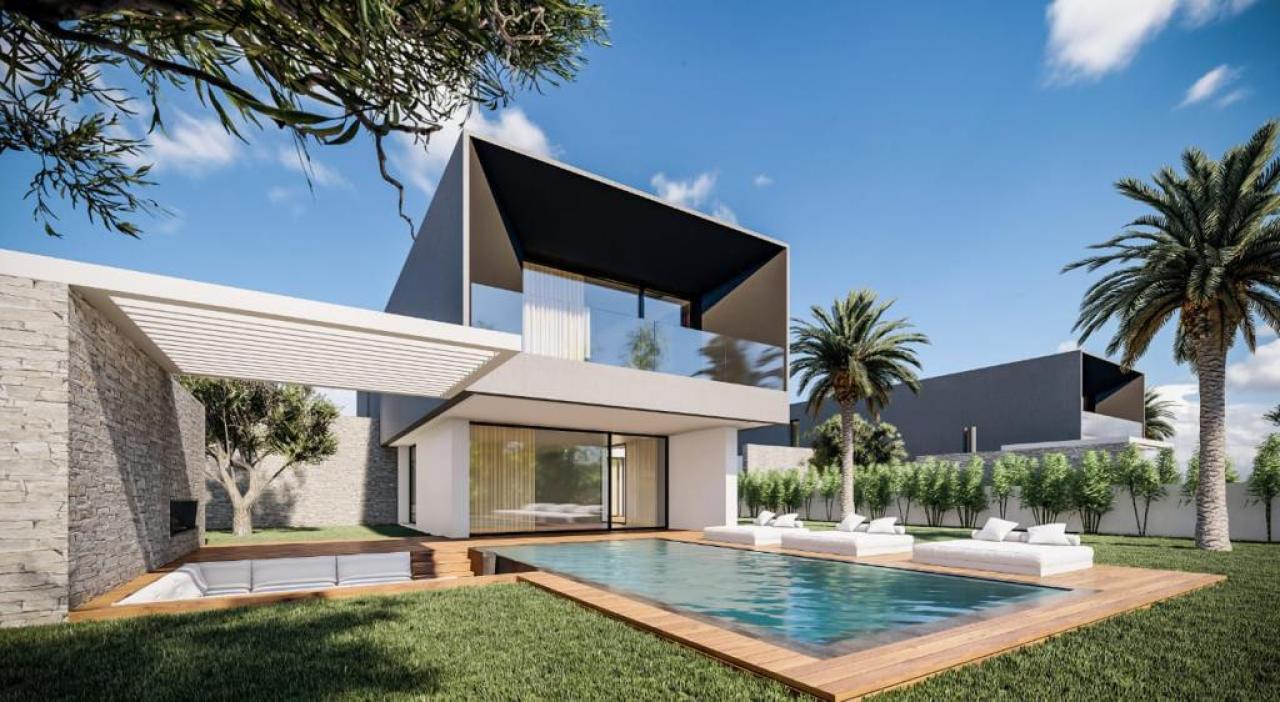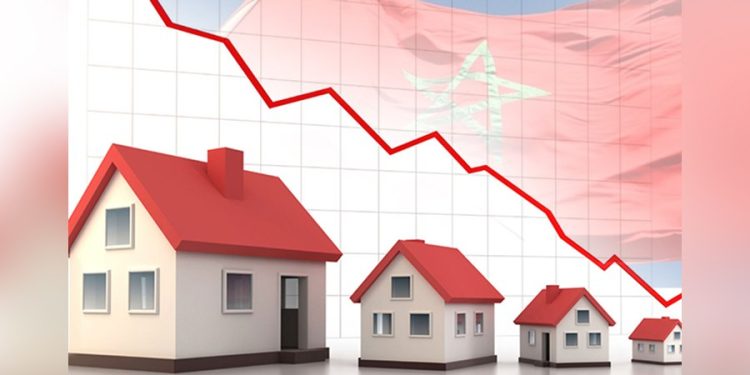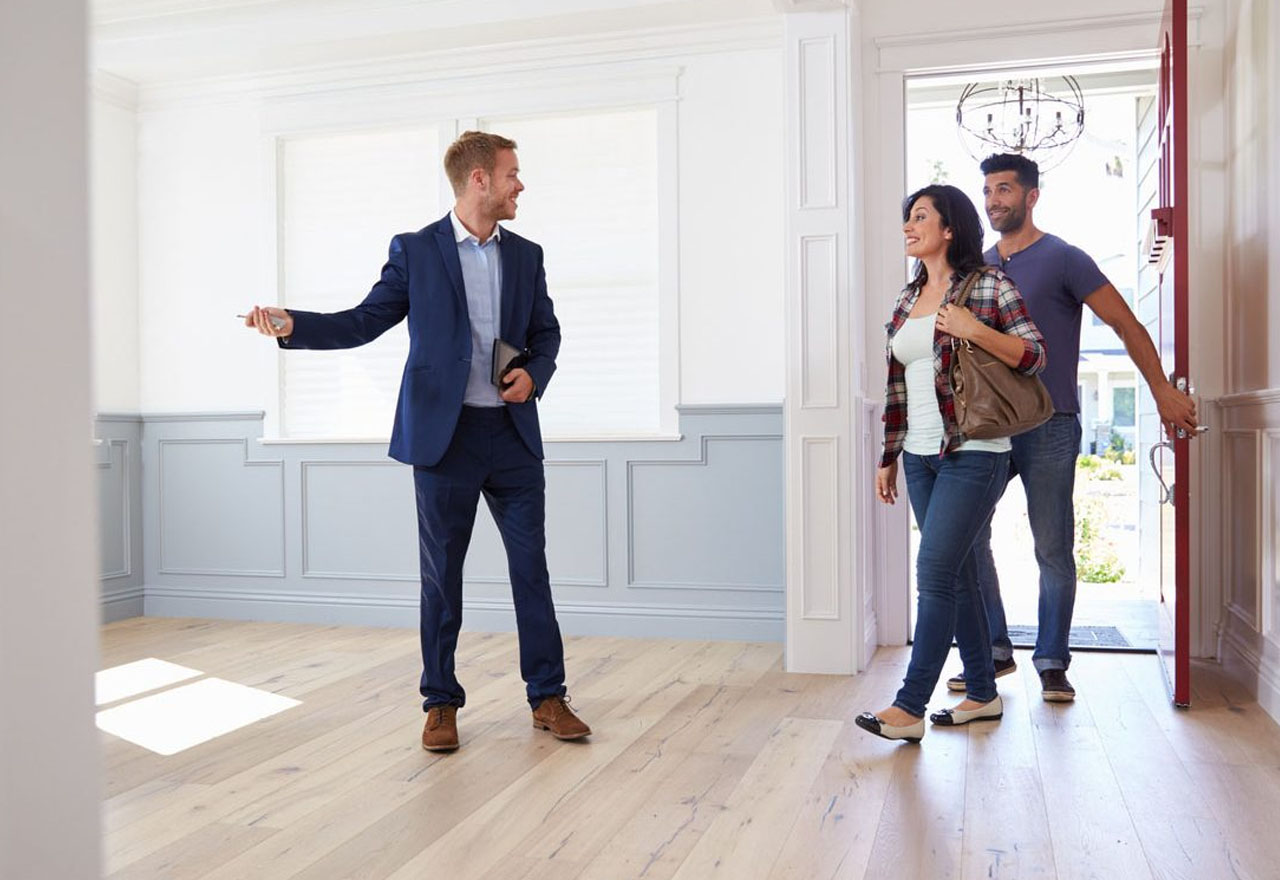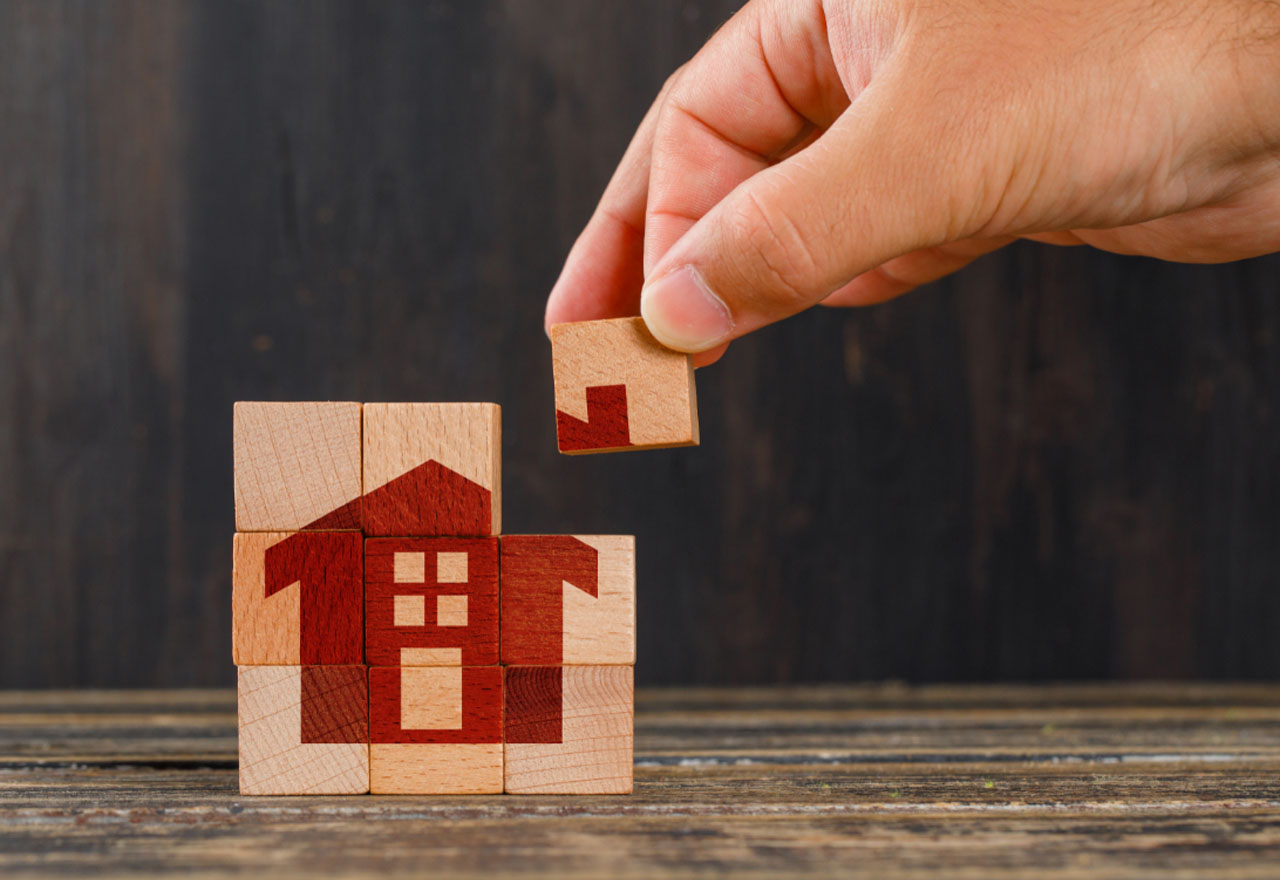
Principal residence: should you buy or rent?
Buying real estate is the project, if it has not already been completed, for the majority of French people. However, some see it as an expensive choice that necessarily involves the long term.
One of the most common financial dilemmas for households is whether to buy or rent their primary residence. Both options have their pros and cons, and the final decision will depend on many personal factors such as your financial situation, lifestyle, future plans, employment situation, and local real estate market conditions.
Buying a primary residence is often considered an important financial goal for many people. This can be driven by reasons such as building wealth, long-term stability, or fulfilling a dream of owning your own home. However, it is important to consider certain factors before making a decision.
First, the purchase of real estate involves significant costs such as the initial payment (personal contribution) for the mortgage, notary fees, administrative fees, property taxes, condominium fees, maintenance costs, insurance and mortgage costs. These fees may vary by region and property. It is important to ensure that you have the financial resources to cover these costs.
Second, real estate ownership can be a significant long-term financial burden. Home loans are often long-term (25 years on average) and monthly payments can be substantial depending on the amount borrowed, the interest rate and the term of the loan. Additionally, you need to factor in maintenance and upkeep costs that may arise over the years.
However, buying a primary residence can provide long-term financial benefits. For example, monthly mortgage payments are more stable than rents, which can increase each year. Also, when you buy a property, you can own it and sell it later, which can allow you to realize a capital gain.
On the other hand, renting your main residence also has advantages. First, renting is often less expensive than buying, because the initial costs are lower and the expenses related to the maintenance of the property are generally borne by the owner. This can be an advantage for people who prefer to have more flexibility in their life and don't need a long-term real estate investment.
In addition, renting a property offers greater flexibility than buying. If you are faced with a change in your professional situation or an unforeseen event, it is easier to end a rental contract and find a new place to live than to sell a property.
Finally, renting out your main residence can free up financial resources that can be invested elsewhere, such as in investment funds, stocks or bonds.




